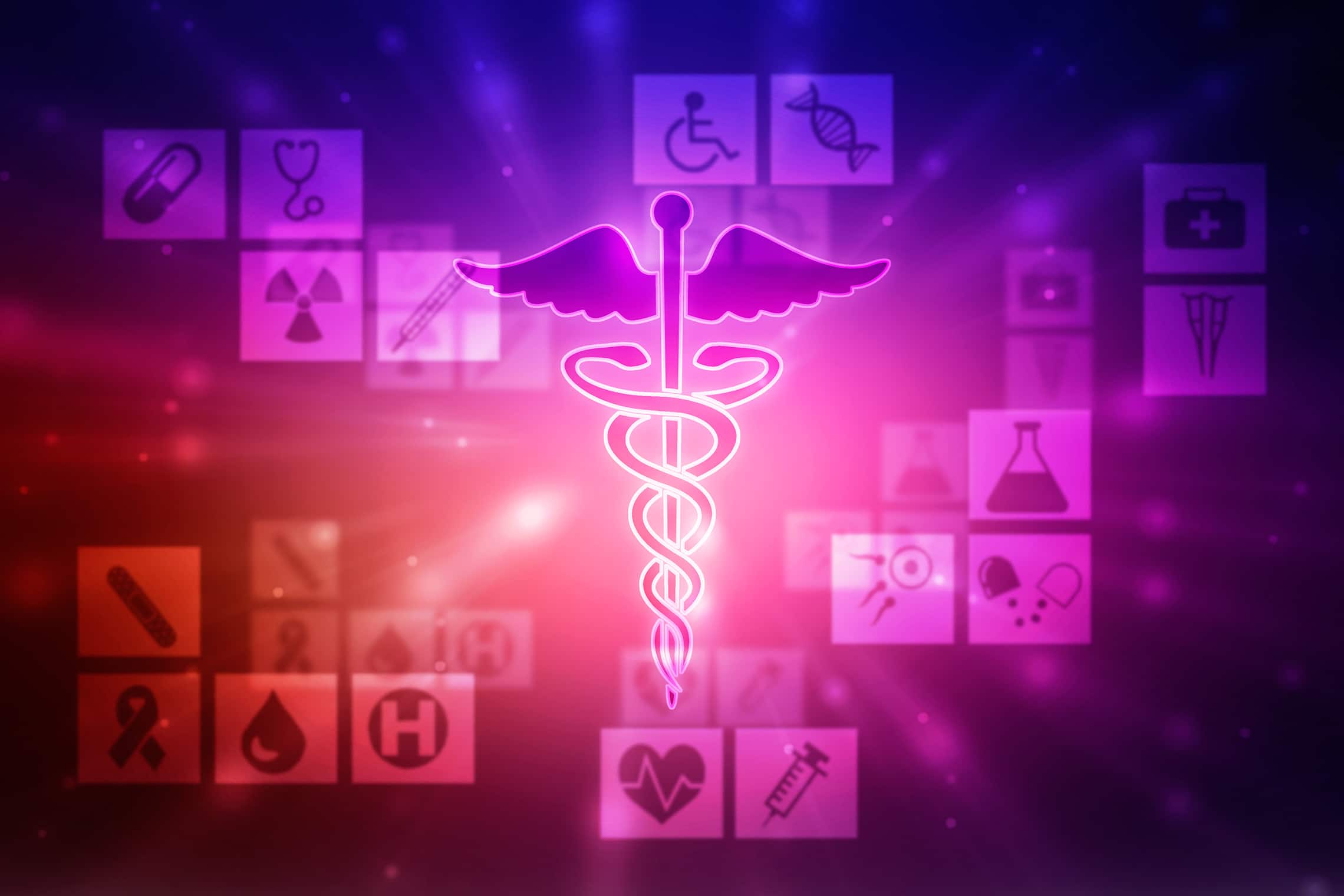Medicinal remedies and ailments were even considered magical – and it’s easy to see why. Despite our technological achievements, there’s still so much we don’t yet understand about the way our bodies work. For instance, the fact that we have one dominant hand makes no evolutionary sense, while our appendix, or rather, its removal, doesn’t appear to impact our health.
These anecdotal examples don’t even scratch the surface of what we don’t yet know. However, we’ve also made incredible medical advancements in the 21st century.
Now, we’re on the verge of a paradigm shift driven by groundbreaking technology. Here are five ways the medical industry may change in the coming years.
Virtual Learning
The rise of virtual learning has already brought about a more flexible and convenient solution for students worldwide. This is also true for medical scholars. With Lecturio or other online platforms, you can prepare for exams, take in-depth lectures, and use a range of self-study tools.
Driven by innovations in technology, this current trend will impact the way medical students are trained in the future. As Virtual Reality (VR) and Augmented Reality (AR) become more mainstream, we’re likely to see them incorporated into medical curricula.
Students will be able to study complex anatomical systems and perform simulated surgeries – without real human bodies. This will enhance their capabilities and help trained professionals make better real-life decisions when the time comes.
Interoperable Data and Blockchains
‘Data interoperability’ refers to systems and services creating, consuming, and exchanging data in a unified way. They’ll do this to determine shared expectations, understanding, and the context of such information.
Blockchain technology will help achieve this. It already provides a secure, immutable record of transactions for cryptocurrencies. In the future, health care companies and institutions are expected to leverage it, but for medical data and records instead.
This unification of data will ultimately benefit the consumer. People will be able to address and treat routine health problems at home.
With a secure data platform available, a person will be able to perform a diagnostic test from home, verify it, and have the medication delivered. As a result, doctors and physicians will have more time to spend treating severe illnesses.
Prevention and Well-being
Generally, health care consumers only interact with medical services when they’re injured or sick. However, this is predicted to change in the coming years, with more money dedicated to maintain well-being and prevent illness.
Identifying health risks sooner will mean less severe diseases. This will reduce health care spending and put more emphasis on prevention and health maintenance.
Artificial Intelligence
Artificial Intelligence will fundamentally change health care systems. AI can already solve complex mathematical problems faster than any human. In fact, in 2020, Google’s DeepMind developed an AI to identify breast cancer. It outperformed radiologists by 11.5%.
In the medical sphere, AI may be used to create drugs, mine medical records, and design treatment plans. Algorithms will be able to cross-reference medicine databases with known viruses to determine the most effective solution.
Nanotechnology
The introduction of Nanomedicine into the pharmaceutical market will likely happen soon. It’ll then become a crucial part of healthcare in the future. Researchers have already designed microbots, electronic pills, and capsule cameras. These devices are used to conduct non-invasive colon exams, relay diagnostic information, and more.
Smart patches that monitor wounds already exist too. Nanotech will undoubtedly become more sophisticated, with more practical applications available to medical professionals.
Driving Change
Although medical science has come so far already, there are some fundamental changes expected to take place. They include:
- Virtual learning and VR for medical students
- Blockchain technology and data interoperability
- A focus on prevention and well-being
- Artificial Intelligence applications
- Nanotechnology medicine
The majority of these shifts are driven by technology. Hopefully, they’ll bring about better health care and access to services in the coming years.




